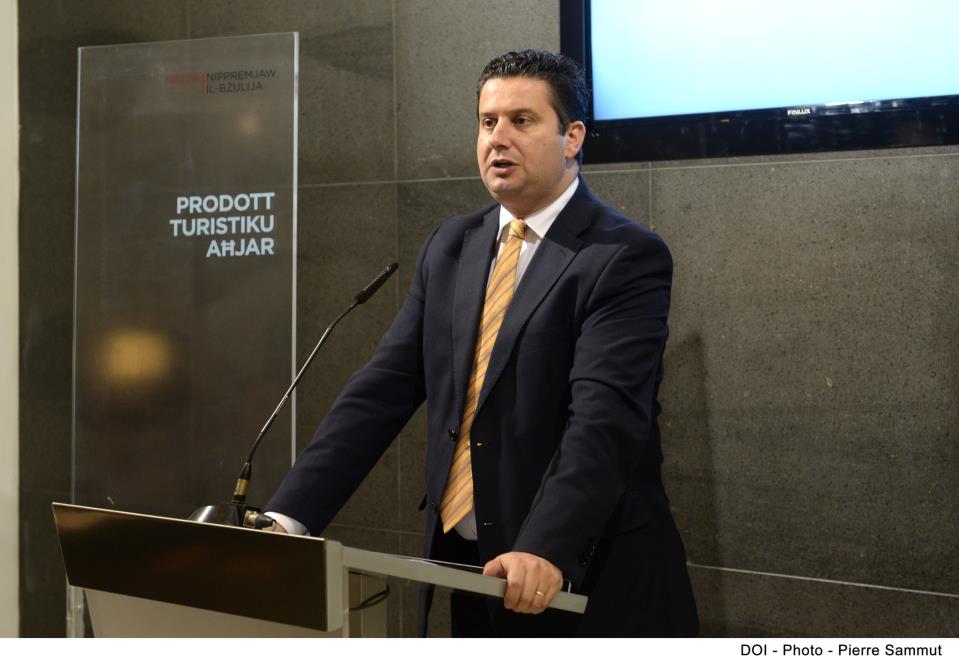National carrier Air Malta does not foresee any reductions in fares despite record low oil prices.
Global airlines body IATA expects air fares will fall 5.1 per cent this year, after drops of three per cent in 2014 and 6.2 per cent in 2013.
An Air Malta spokesperson said the company's hedging agreements mean that fuel costs will not vary from those forecast for the financial year.
"Fuel is Air Malta's largest cost item amounting to 28 per cent of the airline's revenue. The fuel hedging strategies adopted by the company have always been very prudent and left the desired effect in view of the risks involved in mitigating the volatility of this cost item.
"At present, Air Malta has fuel hedging contracts in place that cover most of the uplift. Therefore for this financial year, the fuel cost will not vary significantly from the forecast.
"Air Malta's ticket prices are dictated by market conditions; they are not cost-driven. This is especially so in view of the high level of competition of airlines operating to/from the Maltese Islands
"One also needs to point out that unlike some airlines, Air Malta does not charge a fuel surcharge for each ticket," the spokesperson said.

Former Air Malta CEO Peter Davies echoed this sentiment at a recent conference in Dublin.
"Ticket prices are market-driven not cost-driven," Mr Davies said, adding that lowering fares was not necessarily the correct response to lower oil prices.
Mr Davies said the falling prices may only serve to offer airlines the illusion of profitability.
"Most airlines will treat it responsibly and take advantage of the substantial reduction in their cost ... but some airlines will see that as 'let's carry on as we are because now we can make ourselves seem profitable'," Mr Davies said.
Another delegate at the conference warned that low fuel costs have bought time for those struggling to survive but could just delay the inevitable.
Cyprus Airways was shut down last month after it was ordered by the EU to pay back €65 million in state aid.
"If some airlines are on the margins of collapse, another like Cyprus could hang on with oil at $50," Jonathan Wober, a financial analyst at CAPA-Centre for Aviation, warned at the conference.

Tourism Minister Edward Zammit Lewis has called the closure of Cyprus Airways worrying, but does not think that Air Malta will follow suit.
"One instinctively worries since such a thing happened to our neighbour but I don't believe that the situation is the same," Dr Zammit Lewis said.
"The ruling given by the Commission says that Malta is a country which has always kept to the guidelines of the restructuring process.
"But I won't hesitate to admit that Air Malta's situation is a difficult one. It's a challenging situation which we are working on by strengthening Air Malta's management as much as possible so that it will, in turn, drive the reform forward."
Air Malta is set to lose €32 million in the financial years 2014 and 2015.
The airline was given a loan of €52 million in 2010 as well as €130 million in state aid, which was approved by the EU on condition that Air Malta was completely restructured.
The plan was supposed to see the airline breaking even by 2014 and turning a profit by 2016.